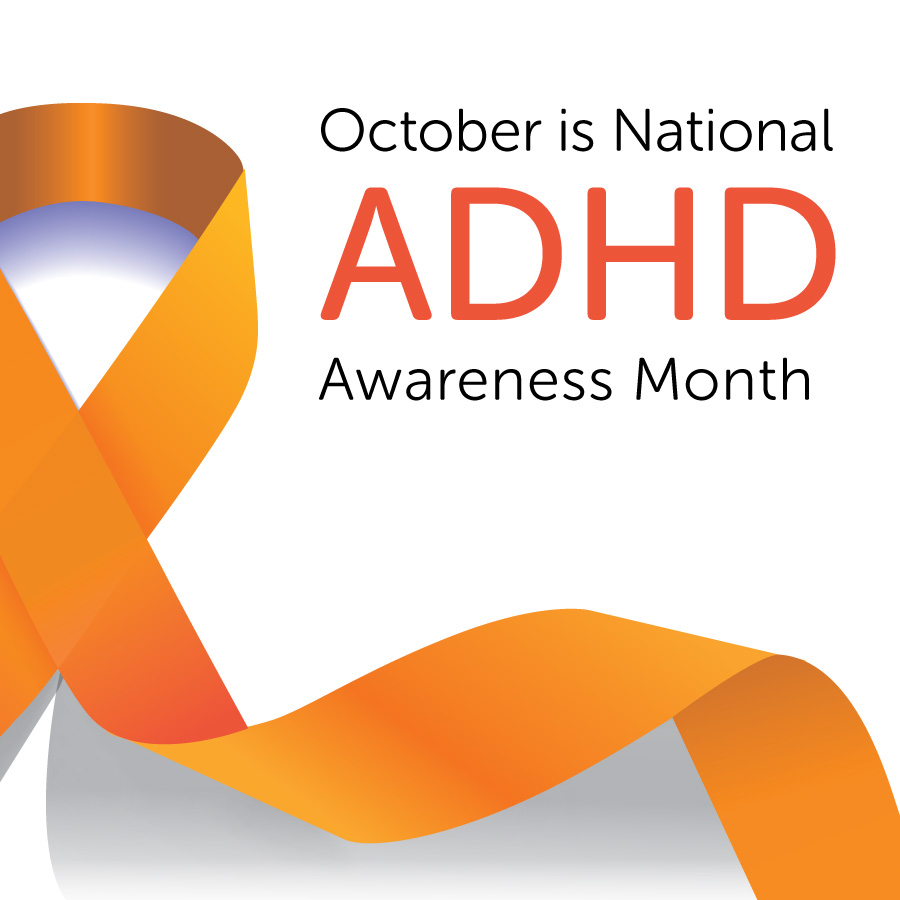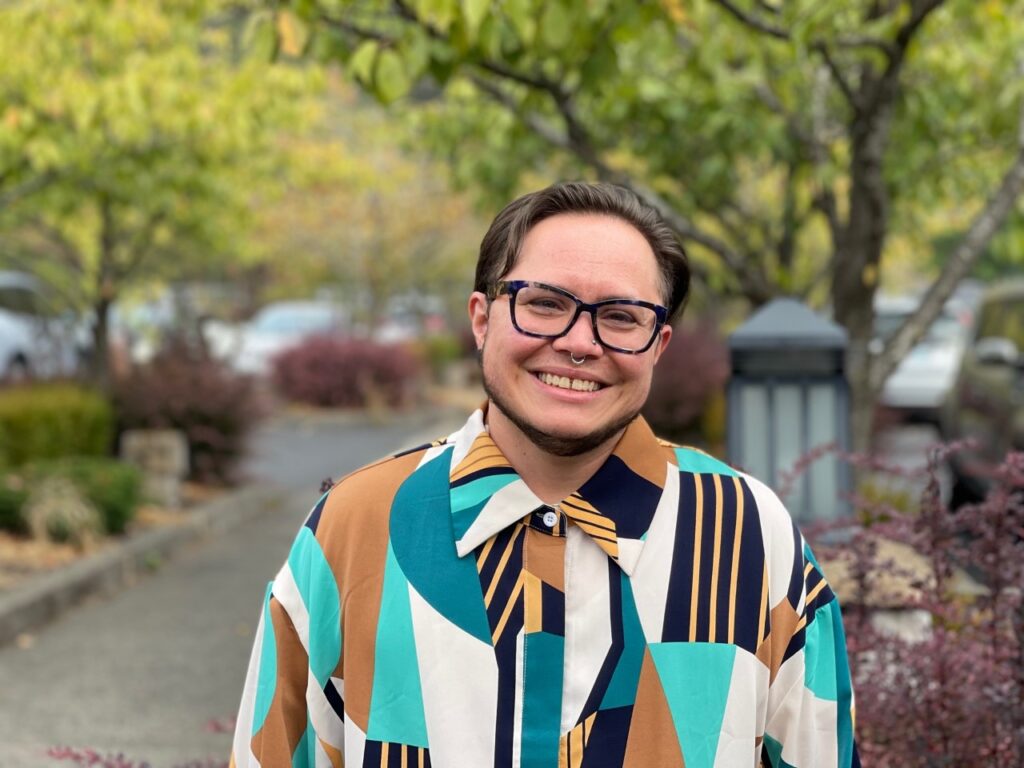
Growing up with undiagnosed ADHD, I struggled in school. Teachers would praise me for my creativity and intelligence at the same time as they criticized me for my inattention and distractibility. By high school, teachers were sitting me down for serious lectures about how I was failing to live up to my potential. When I tried to explain why I was struggling, I was dismissed as a student with an attitude problem or told I was being lazy. The truth was that I was trying as hard as I could, pouring over textbooks and homework well past midnight, and still falling short.

College and the working world were a bit less frustrating. As an adult, I could choose to focus on the tasks I found genuinely interesting – a decision that led to my career as a professional writer. However, even the work I found exciting could be a challenge to plan, execute, and complete. Supervisors chided me for my poor time management skills and didn’t seem to have any practical advice to offer when I asked for help other than “make a to-do list.” I self-medicated with enormous amounts of caffeine and excelled in fast-paced positions where I was propelled by pure adrenaline. Eventually, this took a toll, and I found myself struggling with burnout.
When I tried to slow down and allow myself to work at a sustainable pace, I found it was a massive struggle to get anything done. It wasn’t until I was 34 years old that I was finally given an ADHD diagnosis, and things started to make a little bit of sense.
Access to appropriate treatment and medication transformed my life. After years of trying every solution under the sun, including mindfulness and stripping my desk bare to avoid distractions, I finally found that I could sit down, plan a task and then complete it without feeling exhausted from the mental strain by the end of the day.
Despite being one of the most common mental health conditions, affecting approximately 9.8% of school-age children, Attention Deficit Hyperactivity Disorder (ADHD) is still widely misunderstood and stigmatized. Children and adults with ADHD are often characterized as lazy, unintelligent, lacking in willpower, the product of poor parenting and looking for excuses to get out of everyday responsibilities.
While there is still much to learn, current research indicates that ADHD is a difference in brain function that is likely genetic in origin. Scientists have identified differences in the structure and function of ADHD brains, such as reduced grey and white matter brain volume and different areas of the brain being activated during tasks than a non-ADHD brain. Under the Americans with Disabilities Act, ADHD is even considered a protected disability.
Over the past several decades, the diagnosis has stoked controversy. Many have declared the disorder to be exaggerated or over-diagnosed, an excuse for sufferers to avoid accountability for their actions. It’s widely believed that children “grow out” of ADHD, when it’s actually a lifelong neurodevelopmental condition that continues to affect many people in adulthood. Worse still, many people consider the prescription medications used to treat the disorder to be suspect, comparing them to street drugs and accusing users of substance abuse.
All of these misconceptions are why ADHD Awareness Month is so important. Throughout October, ADHD advocacy organizations use this month to dispel common myths, demystify the diagnosis, and destigmatize the condition itself.
Rather than being over-diagnosed, experiences like mine demonstrate how easy it is for marginalized people struggling with mental health conditions to fall through the cracks. As a mixed-race and a transgender student who was assigned female at birth, I didn’t fit into the stereotype of ADHD as a disorder that primarily affects white, middle-class boys. Due to my gender, my ADHD presented differently than my teachers expected, and like many BIPOC children, I was accused of “bad behavior” instead of being referred for an evaluation.
I’m happy to say that at LifeWorks NW, I have found an organization that supports employees with differences rather than shaming them. I have found colleagues who want to understand how to support me in doing my best work, rather than focusing on my shortcomings. But the world at large is still one where negative stereotypes and misunderstanding abound.
This October, I hope that everyone at LifeWorks can take the time to educate themselves about ADHD and share that knowledge with the those around them. Below, you’ll find some resources to help you learn more about this disorder, how to recognize it and how to support friends, family and clients you may encounter who struggle with the symptoms of ADHD.
ADHD Institute – Educational resources for healthcare professionals treating clients with ADHD.
Children and Adults With Attention Deficit Hyperactivity Disorder – An advocacy organization providing support for people with ADHD and educational resources.
ADDitude Magazine – A publication with information for professionals, parents, and people with ADHD.
Attention Deficit Disorder Association – Resources for those newly diagnosed with ADHD and their families, including virtual peer support groups.


